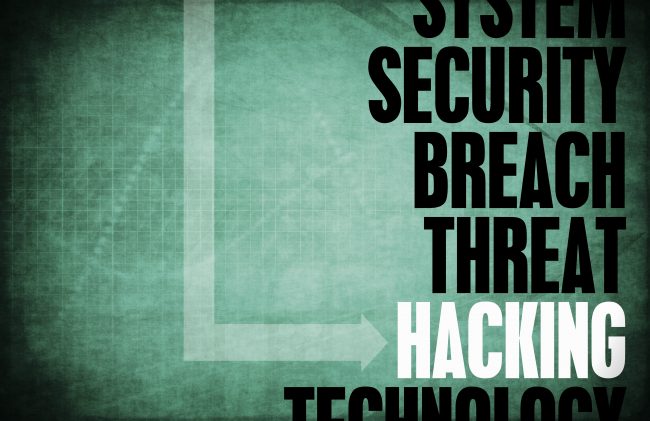An International Vow to Address Cybersecurity
On Monday, November 12, 2018 , during the Internet Governance Forum at UNESCO’s headquarters in Paris, the French President Emmanuel Macron announced an international agreement referred to as the “Paris Call for Trust and Security in Cyberspace.” The agreement was signed by over 50 countries as well as businesses, including Facebook, Google, and Microsoft, and other organizations. Australia, the United States, Israel, Russia, and China are notably absent.
The agreement first highlights what is the future of AI, the central role cyberspace plays in…
Continue Reading




